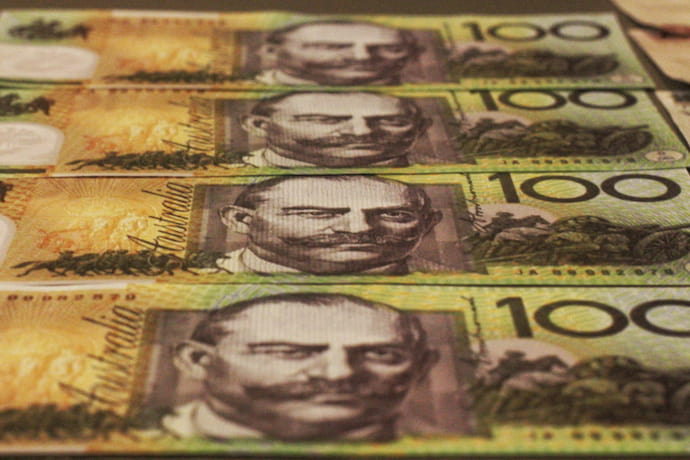
In a widely speculated move, the Reserve Bank of Australia (RBA) dropped its interest rates on Tuesday, marking the first cut since 2020 and the first change in 15 months, where the rate went from 0.10% to 4.35% in 18 months. The central bank lowered the cash rate target to 4.10%, recognising progress in controlling inflation. However, the RBA says that further cuts would depend heavily on inflation trends. This decision was confirmed by January data showing a slowing inflation with its consumer price index (CPI) for the fourth quarter of 2024 coming in at a 2.4% annual rate, which provided the RBA with some leeway to adjust rates. The RBA's target ranges from 2% to 3%, ensuring growth without volatile devaluation of its currency.
Looking ahead, the RBA forecasts a modest growth in the economy for 2025, backed by private consumption and easing interest rates. However, household spending is expected to recover slower, keeping GDP growth projections modest at 2% by June 2025. While underlying inflation is projected to moderate faster than previously expected, it will likely remain above the target range until 2026, comparable to the Federal Reserve projection model. The central bank warned of inflation staying elevated as government subsidies, such as electricity rebates, are phased out.
In the commercial property sector, Dexus, Australia’s largest office landlord, is preparing to sell A$2 billion in assets over three years. The company reported a significant drop in earnings, attributed to high interest rates and tenant incentives. However, easing fiscal policy and stabilising office demand are expected to slow the decline. Dexus CEO Ross Du Vernet promoted Australia's appeal as a stable investment destination to international investors given heightened global risk, focusing on economic diversification, population growth, and political stability, making it an attractive option for investors seeking refuge from geopolitical instability.
Source: Reuters
Photo: Unsplash
